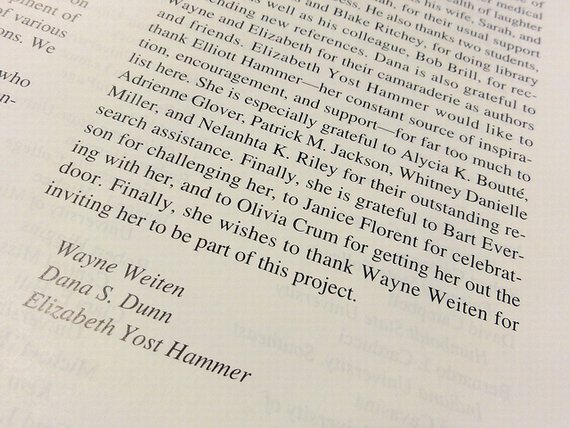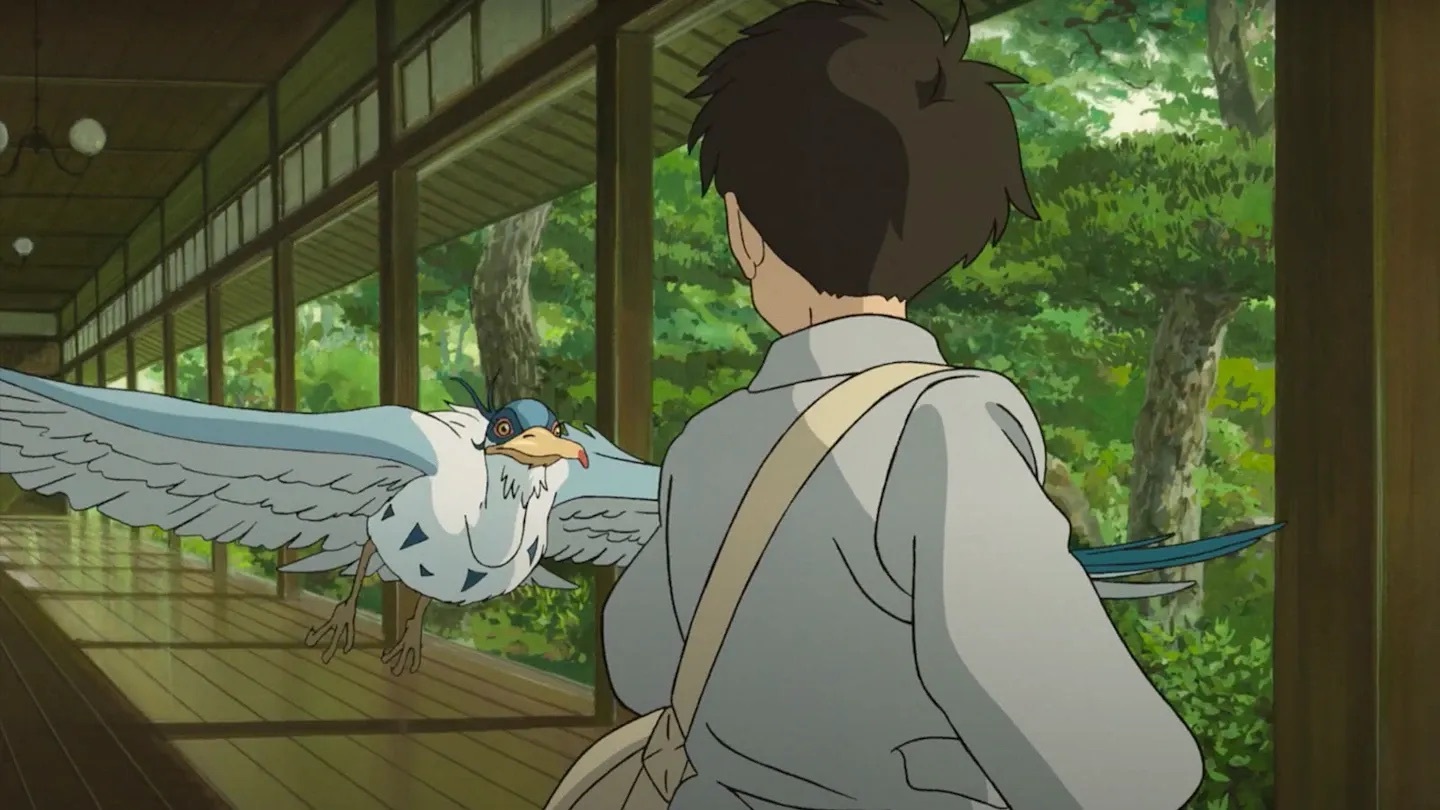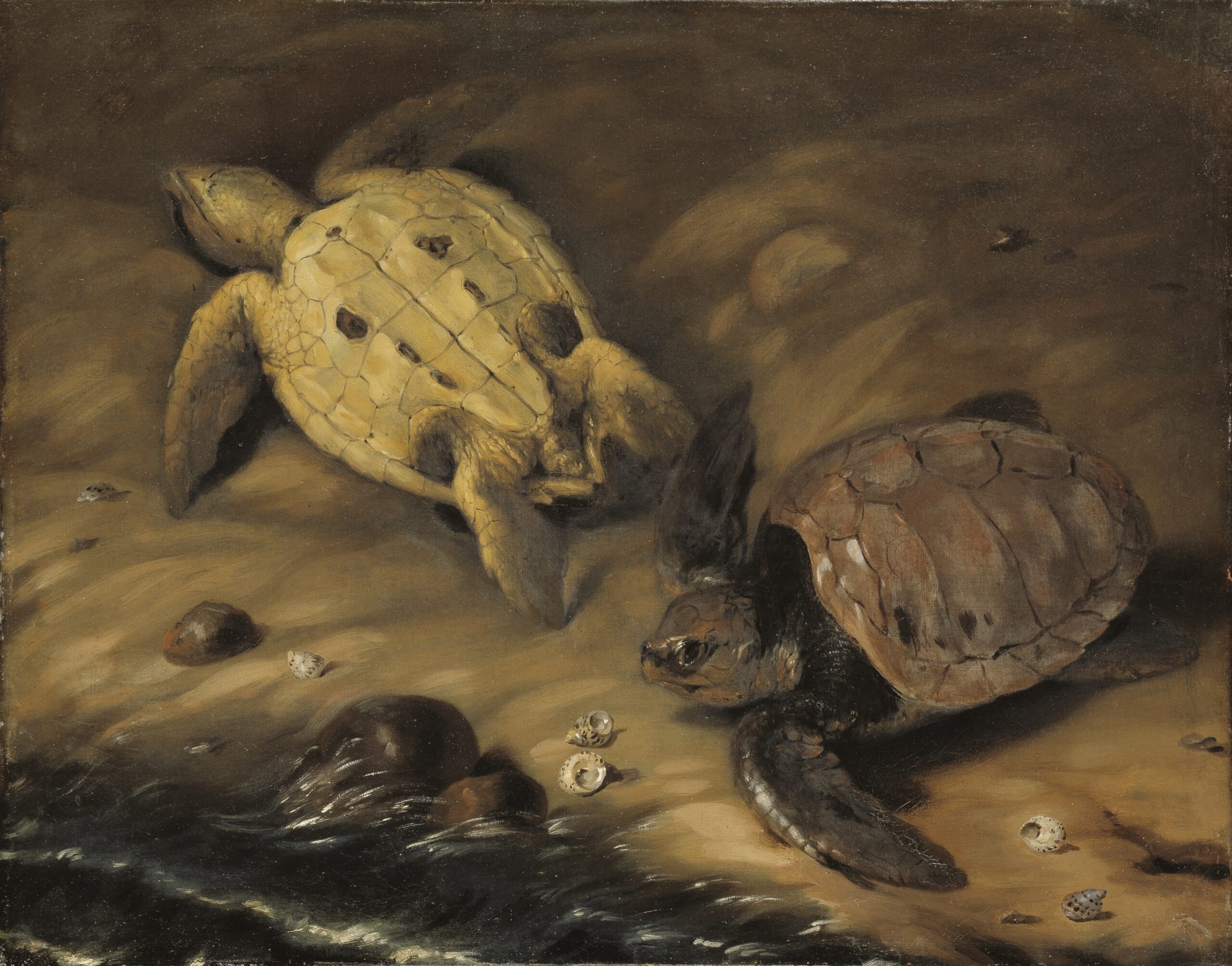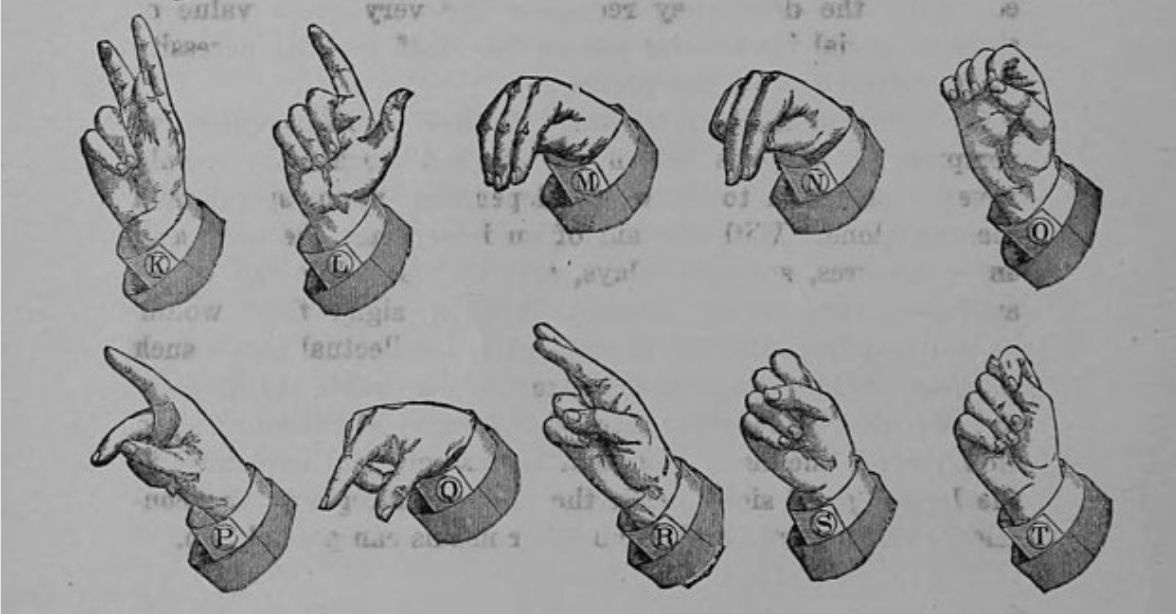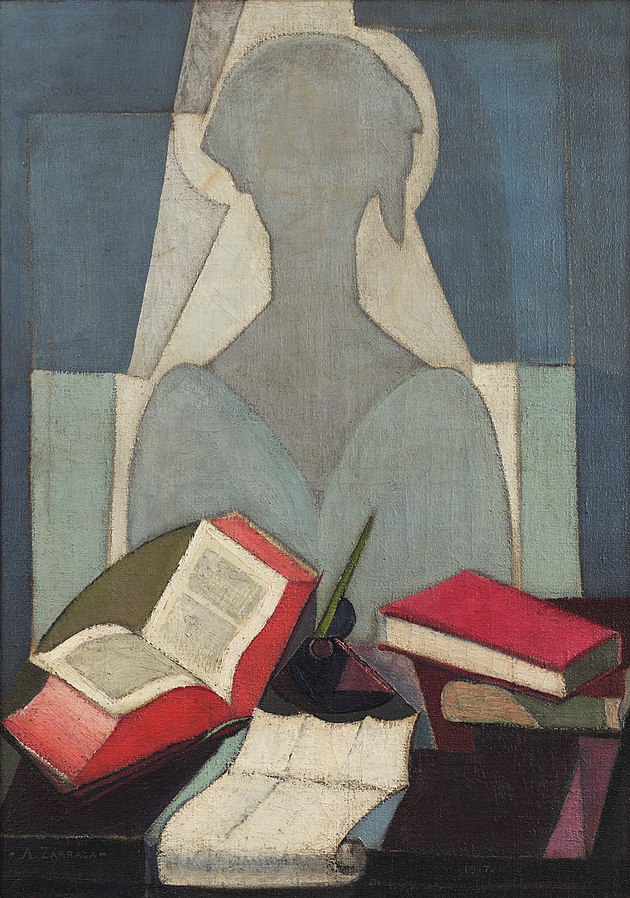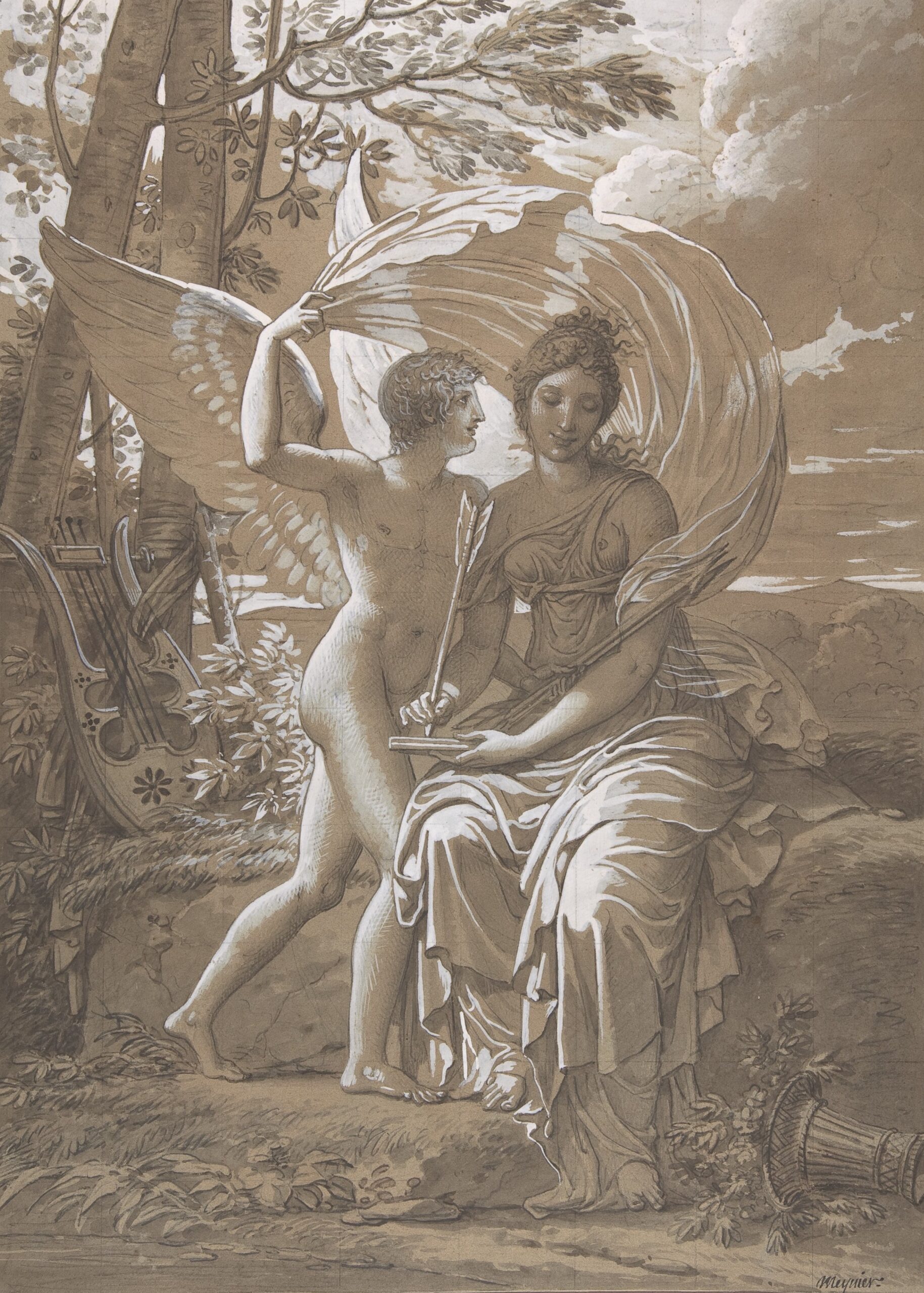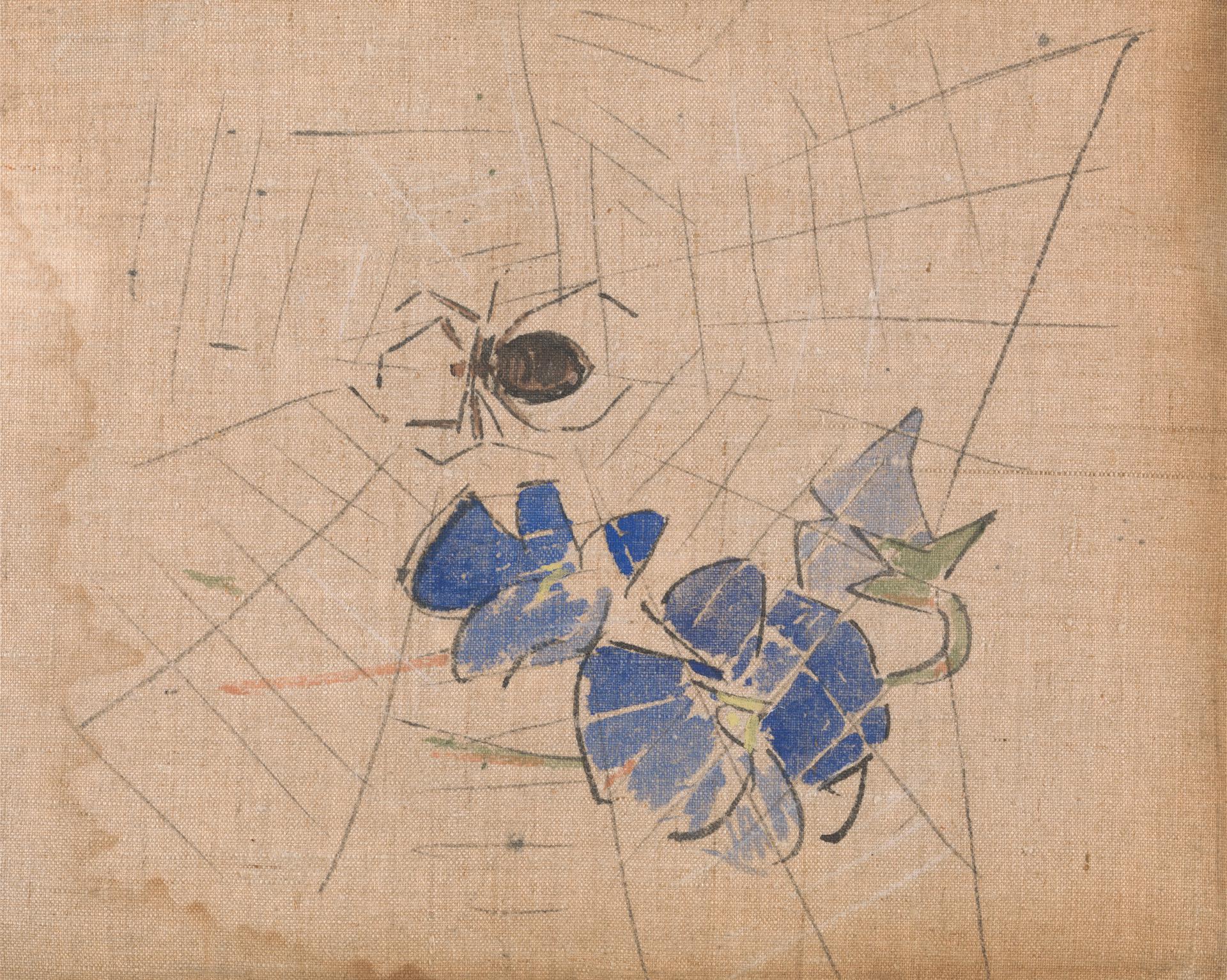At a reading in Cambridge this past fall, Ann Patchett said in passing that she doesn’t believe in acknowledgements. During the question and answer period, I asked her why. She explained that she feels it’s better to thank the important people in your life by giving them a copy of your novel in which you’ve written a personalized inscription. If nothing else, she added, a private inscription saves the author from the possible future embarrassment of having her book forever tagged with the reminder of a friendship that has faded away. But Patchett’s deeper concern seemed to be that the handwritten acknowledgement was more sincere, free of the performative element of a thank you that will be publicly reproduced every time the book is printed.
 Inscribing my own copy of Run that evening, Patchett wished me luck in deciding what to do with “this acknowledgement thing” when it comes time for my own novel’s back page in a little over a year. Indeed, what might have once seemed to me like a purely joyous opportunity now seems like a potential minefield, a hazard of etiquette and emotions. It’s so easy to put a foot wrong. What if you omit a key player in a workshop? What if you go on too long and risk looking like someone who couldn’t have managed without an enormous entourage? What if you feature someone prominently in your list and later have a falling out? Perhaps that last one is among the worst, beaten only by the dedication to an eventual ex-spouse.
Inscribing my own copy of Run that evening, Patchett wished me luck in deciding what to do with “this acknowledgement thing” when it comes time for my own novel’s back page in a little over a year. Indeed, what might have once seemed to me like a purely joyous opportunity now seems like a potential minefield, a hazard of etiquette and emotions. It’s so easy to put a foot wrong. What if you omit a key player in a workshop? What if you go on too long and risk looking like someone who couldn’t have managed without an enormous entourage? What if you feature someone prominently in your list and later have a falling out? Perhaps that last one is among the worst, beaten only by the dedication to an eventual ex-spouse.

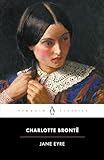 There was a time when acknowledgements were brief and rare. There was even a time when dedications sufficed. Charlotte Brontë signed Jane Eyre off to Thackeray, plain and simple, while Anne was even sparer, offering no dedication at all to Agnes Gray. One could argue that the sisters’ need to conceal their identity led them to be circumspect in their gratitude. Maybe that’s why someone as confident in his place among men of letters as Wilkie Collins could dedicate The Woman in White to “Bryan Walter Procter from one of his younger brethren in literature who sincerely values his friendship and who gratefully remembers many happy hours spent in his house.” Or why Collins’s friend Dickens could say that Bleak House is “Dedicated, as a remembrance of our friendly union, to my companions in the guild of literature and art.”
There was a time when acknowledgements were brief and rare. There was even a time when dedications sufficed. Charlotte Brontë signed Jane Eyre off to Thackeray, plain and simple, while Anne was even sparer, offering no dedication at all to Agnes Gray. One could argue that the sisters’ need to conceal their identity led them to be circumspect in their gratitude. Maybe that’s why someone as confident in his place among men of letters as Wilkie Collins could dedicate The Woman in White to “Bryan Walter Procter from one of his younger brethren in literature who sincerely values his friendship and who gratefully remembers many happy hours spent in his house.” Or why Collins’s friend Dickens could say that Bleak House is “Dedicated, as a remembrance of our friendly union, to my companions in the guild of literature and art.”
 Of course, there’s nothing plain and simple about even the most seemingly simple dedication. Collins’s to Procter can be seen as a strategic move to ally himself with someone whose name hardly made it to posterity but who, at the time, held some reputation in Collins’s world. And Brontë’s nod to Thackeray may have been purely reverential but looked to contemporary readers like proof of a romantic connection. Then there’s George Eliot’s lack of any dedication to Middlemarch. Looking at that unaccompanied title page now, it’s tempting to see her direct stride into the novel as a move of extreme confidence in the masterpiece that follows.
Of course, there’s nothing plain and simple about even the most seemingly simple dedication. Collins’s to Procter can be seen as a strategic move to ally himself with someone whose name hardly made it to posterity but who, at the time, held some reputation in Collins’s world. And Brontë’s nod to Thackeray may have been purely reverential but looked to contemporary readers like proof of a romantic connection. Then there’s George Eliot’s lack of any dedication to Middlemarch. Looking at that unaccompanied title page now, it’s tempting to see her direct stride into the novel as a move of extreme confidence in the masterpiece that follows.
 Though novels went along for more than a century without them, acknowledgements have now become an expected part of a novel’s presentation—along with the reader’s guide and the about the author page. Which is why I was astonished to turn to the end of Rosamund Lupton’s Sister this summer and find this: “I’m not sure if anyone reads the acknowledgements, but I hope so because without the following people, this novel would never have been written or published.” She’s a first-time author, but still: doesn’t she know? Everyone reads the acknowledgements. In fact, for many of us, the first thing we do when we pull a book off the store shelf is to flip to the back. The writers among us might be searching for the agent or the editor we can query, or we might be seeking our own name in the list. But we certainly read the acknowledgements for the drama and the human story revealed therein. Some acknowledgements are works of art, expressing with finesse and sincerity the gratitude for a supportive surrogate family, a patient and understanding spouse and kids, a best friend who saw the writer through difficulties hinted at sufficiently so that we can glimpse a bit of the author’s life. At their best, acknowledgements can be finely-wrought short stories with the author as protagonist.
Though novels went along for more than a century without them, acknowledgements have now become an expected part of a novel’s presentation—along with the reader’s guide and the about the author page. Which is why I was astonished to turn to the end of Rosamund Lupton’s Sister this summer and find this: “I’m not sure if anyone reads the acknowledgements, but I hope so because without the following people, this novel would never have been written or published.” She’s a first-time author, but still: doesn’t she know? Everyone reads the acknowledgements. In fact, for many of us, the first thing we do when we pull a book off the store shelf is to flip to the back. The writers among us might be searching for the agent or the editor we can query, or we might be seeking our own name in the list. But we certainly read the acknowledgements for the drama and the human story revealed therein. Some acknowledgements are works of art, expressing with finesse and sincerity the gratitude for a supportive surrogate family, a patient and understanding spouse and kids, a best friend who saw the writer through difficulties hinted at sufficiently so that we can glimpse a bit of the author’s life. At their best, acknowledgements can be finely-wrought short stories with the author as protagonist.
 At least one acknowledgements has made me cry. What makes Robin Black’s acknowledgements for If I Loved You I Would Tell You This so moving is the simple fact that she hasn’t let up on the rigor of her prose in writing them. The language is just as careful and precise here as it is in the collection. Black’s thanks run to three full pages and have the narrative arc of a story—fitting for the story collection they conclude. She begins typically enough, thanking her agent, her editor, and her publishers, moving on to the various institutions that supported her, and then to individual readers, friends, and colleagues. Finally, she gets serious, taking in turn her mother, her children, and her husband. Some might say this is a bit over the top, but when you reach this point, you realize that the pleasant bath of thanks you’ve been lolling in contains quite serious emotions. It’s almost like eavesdropping, reading these last paragraphs, and I won’t quote them here out of a sense that to do so would be somehow nosy—despite the fact that every single copy of this strong-selling book ends with these words.
At least one acknowledgements has made me cry. What makes Robin Black’s acknowledgements for If I Loved You I Would Tell You This so moving is the simple fact that she hasn’t let up on the rigor of her prose in writing them. The language is just as careful and precise here as it is in the collection. Black’s thanks run to three full pages and have the narrative arc of a story—fitting for the story collection they conclude. She begins typically enough, thanking her agent, her editor, and her publishers, moving on to the various institutions that supported her, and then to individual readers, friends, and colleagues. Finally, she gets serious, taking in turn her mother, her children, and her husband. Some might say this is a bit over the top, but when you reach this point, you realize that the pleasant bath of thanks you’ve been lolling in contains quite serious emotions. It’s almost like eavesdropping, reading these last paragraphs, and I won’t quote them here out of a sense that to do so would be somehow nosy—despite the fact that every single copy of this strong-selling book ends with these words.
When Ann Patchett speaks about acknowledgements, it’s clear that she’s not opposed to expressing gratitude, but is instead against its public expression. If the gratitude is sincere, convey it directly to the person who deserves it; why does the rest of the world need to know? I can see her point. There is nothing so transparent as the message that hitches the writer’s wagon to a more illustrious star. But I hope this doesn’t mean that writers who choose to express their thanks in public, as I am likely to do, are inherently insincere. Because I imagine that by the time I’m in a position to write up my thanks, I will feel a strong need to shout them from the rooftops.
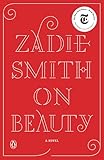
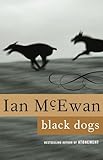 Every book comes with a second narrative, that of its creation. I keep going to those framing pages to see what that other story is. Sometimes, the discovery is unsettling, as with this eerie dedication to Ian McEwan’s Black Dogs: “To Jon Cook, who saw them too.” And sometimes the discovery is sweet. In the step from White Teeth to On Beauty, Zadie Smith reveals a lovely transition in her own life. In 2000, for White Teeth, Smith says she is “also indebted to the bright ideas and sharp eyes of the following people” and includes “Nicholas Laird, fellow idiot savant” among them. By 2005, she dedicates On Beauty to “my dear Laird.” There are no acknowledgements.
Every book comes with a second narrative, that of its creation. I keep going to those framing pages to see what that other story is. Sometimes, the discovery is unsettling, as with this eerie dedication to Ian McEwan’s Black Dogs: “To Jon Cook, who saw them too.” And sometimes the discovery is sweet. In the step from White Teeth to On Beauty, Zadie Smith reveals a lovely transition in her own life. In 2000, for White Teeth, Smith says she is “also indebted to the bright ideas and sharp eyes of the following people” and includes “Nicholas Laird, fellow idiot savant” among them. By 2005, she dedicates On Beauty to “my dear Laird.” There are no acknowledgements.
Image credit: Editor B/Flickr
